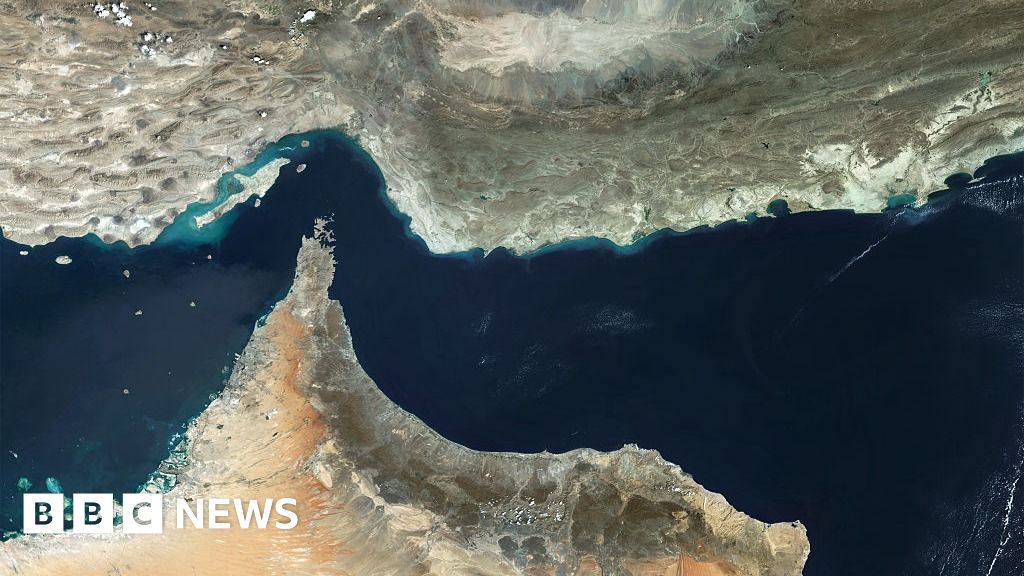Oil prices were little altered on Friday following a meeting between Saudi Arabia and Russia that helped to calm the markets, but crude benchmarks were still on track to drop for a second consecutive week after this week’s sell-off in the global financial markets was started by a banking crisis. After ending three days of losses to close 1.4% higher on Thursday, Brent oil futures marginally increased by 2 cents to $74.72 a barrel. U.S. West Texas Intermediate crude was trading at $68.33 a barrel, down 2 cents from the previous session’s closing price increase of 1.1%.
This week, both contracts fell to their lowest levels in more than a year, and they are expected to experience their 10% largest weekly drops since December. Last week’s collapse of Silicon Valley Bank (SVB) and Signature Bank forced the U.S. and Swiss governments to scramble to shore up liquidity at banks, putting pressure on oil and other global assets. Investors continue to be wary of bank contagion risks, which is reducing their desire for risky assets like commodities out of concern that a further collapse could lead to a worldwide recession and reduce demand for oil.
The abrupt bankruptcy of SVB and Signature Bank “forced a rethink about the soundness of the broader economy and frightened markets,” JPMorgan analysts wrote in a note. “Oil demand is being repriced, but we see no change in fundamentals and are inclined to ride out financial sector volatility,” the analysts stated, pointing to an OPEC+ meeting and Washington possibly moving to start replenishing strategic reserves.
On April 3, the OPEC+ advisory council, which includes Russia and other members of the Organization of the Petroleum Exporting Countries, will convene. In order to avoid a predicted inventory rise in the second quarter, further price declines may lead OPEC+ to cut back on supplies, according to analysts at National Australia Bank. WTI dropped below $70 a barrel for the first time since December 2021, which may have made pricing enticing enough for the U.S. government to begin replenishing its Strategic Petroleum Reserve, which is now at record low levels.

